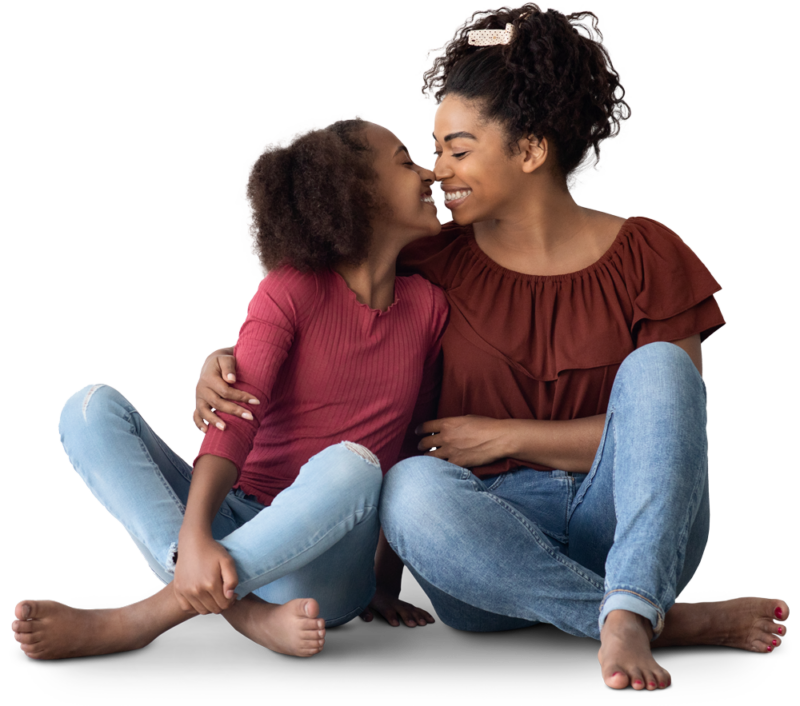Down-to-earth parenting advice you can trust.
We’re here for you, when you need us. Find answers to parenting questions in our advice articles. Or talk to a parenting coach about anything that’s worrying you. It’s all free, and no topic is too big, small, or embarrassing.

Children or teenagers may struggle to share what’s going on in their life. Let them know they can share anything.
Communication, social and emotional development, neurodiversity and support for additional needs
School work and homework, behaviour and wellbeing, and Special Educational Needs and Disabilities (SEND)
Family relationships and mental health, work and money, healthy living, technology and fun at home
Understanding behaviour and emotions, talking about feelings, safety and wellbeing, rules and rewards, wellbeing activities
Sign up to our newsletter to get the latest tips, information and guidance from our parenting coaches.
Parent Talk can only exist because of your generous donations. If you’ve found our advice helpful, please help us reach more parents by giving what you can.
Free and confidential live chat with a parenting coach. We’re here Monday-Friday (apart from bank holidays) and are available in the evenings on Monday and Thursday. Or leave a message and we’ll get back to you as soon as we can.
You don’t have to share your details with us – there are lots of reasons why you might want to remain anonymous, which we will respect. All calls are confidential, and we will always seek your agreement before we share any of your details with other organisations. The only time we will share information without your consent is if we think there is a life-threatening situation, or if you or someone else might be at risk of significant harm. On these occasions we may need to contact the Police, Ambulance Service or Children’s Social Care.
We keep your chat data for up to seven years, and share anonymised data with the commissioners of this service. By using Parent Talk, you understand and give your explict consent to this.
Your email address will not be used for any reason beyond giving you parenting information, support and advice.
See our privacy policy for more details.
